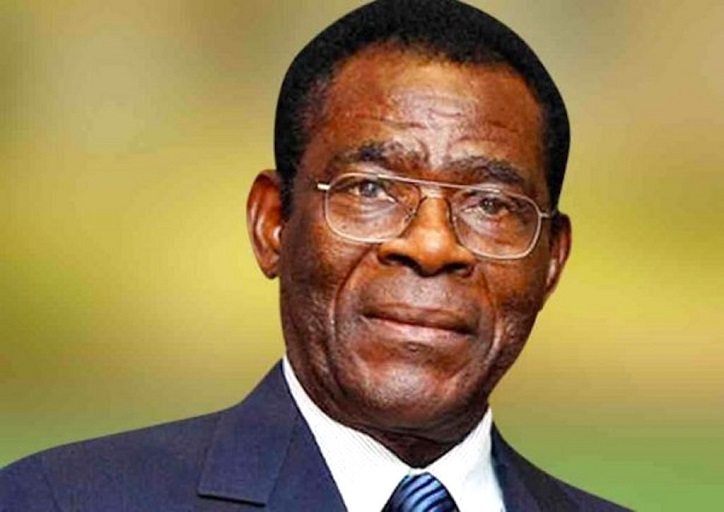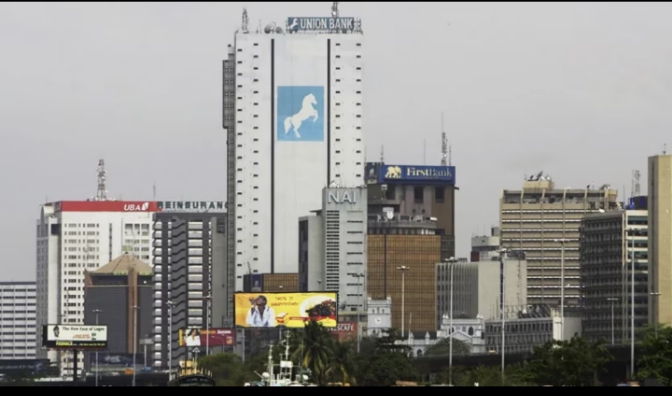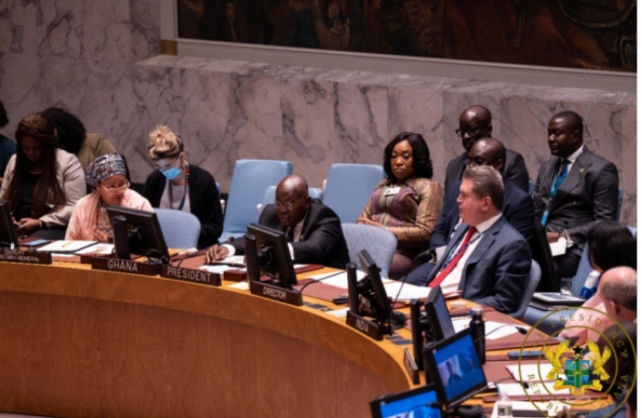In most African countries, the retirement age for the working force is 60 years.
That said, it’s worthy of mention that some of the continent’s leaders are well above retirement age.
For instance, during the week, Cameroon’s president marked 40 years in power. He is 89 years old.
Paul Biya as Cameroon’s second head of state came to power on 6 November, 1982.
This was following the resignation of President Ahmadou Ahidjo on 4 November of that year.
The Cameroon Presidency website, said that Biya’s road to top office started in October 1962, when he was appointed Chargé de Mission at the Presidency of the Republic upon his return from Paris.
Somehow, in 2020, a wave of protests erupted across Cameroon, with citizens calling for Biya to step down as president and make way for someone new.
The same thing goes for Equatorial Guinea where this country’s president has been in power for 43 years. Hence, Teodoro Obiang Nguema Mbasogo is the world’s longest-standing leader.
READ MORE: Africa-Nigeria Economy Special: Liberating Our Stranded Economies
Interestingly, in September this year, his party announced that he would run for office again in the November elections, likely extending his 43-year rule, with a tenure that began when he snatched power in a 1979 coup.
Also, Jose Eduardo dos Santos was the president of Angola from 1979 to 2017. He ruled Angola for 38 years. Dos Santos died on 8 July 2022, at a Barcelona hospital, at the age of 79
Relatedly, Denis Sassou-Nguesso is also one of Africa’s longest-serving presidents. His accumulated rule of the DRC is 36 years.
One begins to wonder what the justification is for these leaders to, invariably, desire to hold on the reigns of political office for unreasonably long tenures amidst so much corruption, flagrant abuse of human rights, tyranny and misuse of power.




